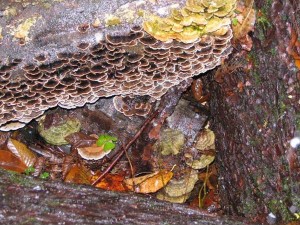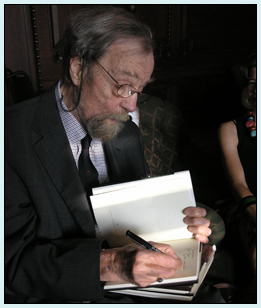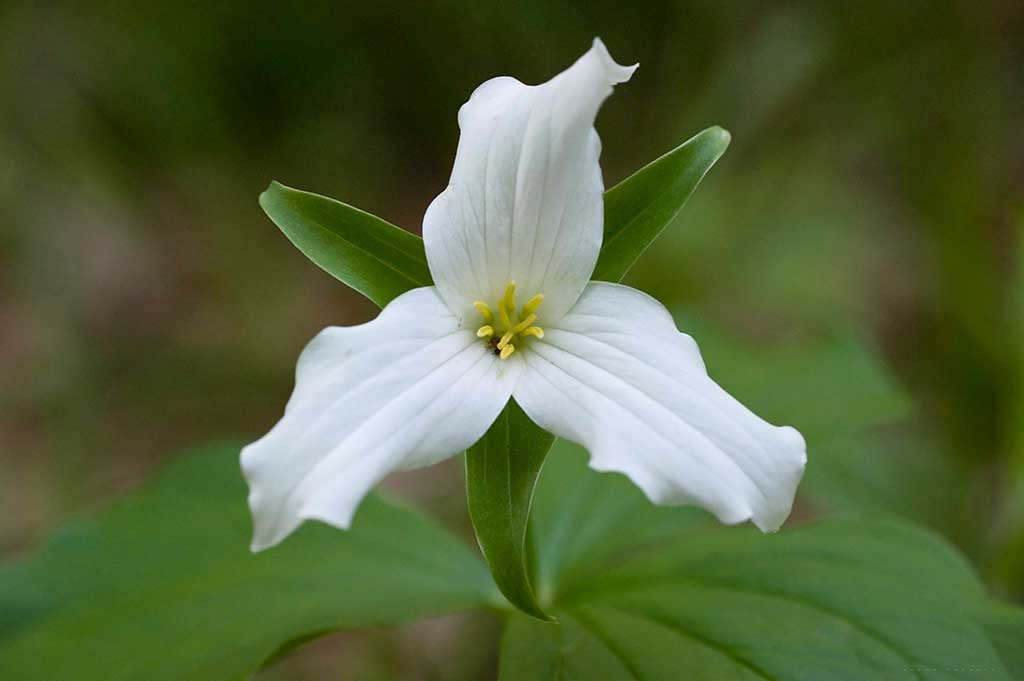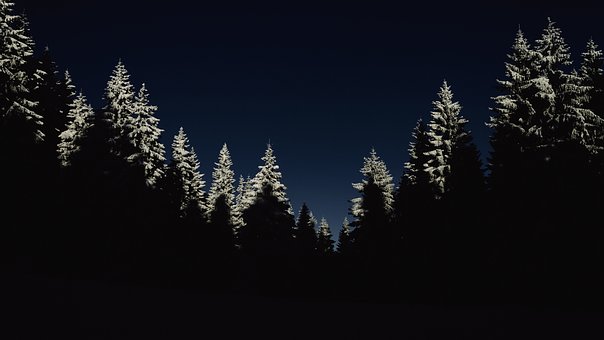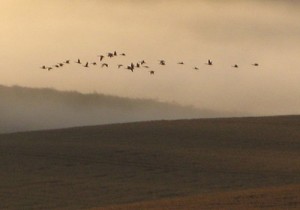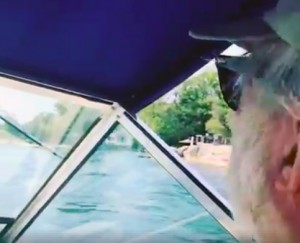Everyone old enough to remember where they were when the first humans landed on the moon does remember. I was 15 that summer and on a grand tour of the national parks out West with my family.
Our campsite was in walking distance of the Custer Park State Game Lodge and I suspected they would have a TV. They graciously let me in, even though I was the only person present not in formal evening attire for the big occasion, not even close.
Somehow, this recollection led me this morning off into an autobiography of my feet – or my footwear, anyway.
Man Shoes
50 years ago, I wore water buffalo sandals, cut-off jeans,
a short-sleeved denim shirt, and a string of seed-pod
love beads as I walked down the road to Calvin Coolidge’s
summer White House to watch Apollo 11 land on the moon.We were camping in a tent trailer hauled behind my uncle’s
’67 Le Mans in the badlands of South Dakota where Custer
met fate, not far from Mount Rushmore: me, grandma,
my sister and mom and Dad. Brother Gerry was in OCS.The next footwear to tickle my fashion fancy were
Dingo boots: square toed, with ankle straps, brass rings.
My denim shirt was graced at the collar with a red bandana.
Western was cool, at least according to the Grateful Dead.But then, after Kent State, I went working class hero:
denim still – jacket, jeans and work shirt – but footed out
in steel-toed work boots. There were presses to run,
and a revolution in need of a minister of propaganda.Sadly, the press burned down in 1980, so I went back
to running shoes, seeking escape from the Moral Majority.
There was no escape, apparently, but I ran on anyway,
through the millennium, on into the Age of Aquarius.But then running shoes went bad. Sneakers got pricey,
Halloween-hued, with blinking lights. I persisted
anyway, finding brown ones with inoffensive stripes,
holding on until the last pair was rotting off my feet.We were in Boston, visiting our daughter, when I saw
the multi-story shoe warehouse near Downtown Crossing.
Surely somewhere within I could find respectable kicks.
But no. Every pair looked left behind by alien visitation.I was ready to write the raid off until my daughter looked
me in the eye and said “Dad – you’re in your fifties now.
Why don’t you get yourself some man shoes?” – ouch! –
and took me down the aisles that smelled of leather.Just past the checkout, I binned my decrepit runners
and slipped into the bliss of buttery-soft Venetian loafers.
Taking my now happy feet out onto the streets of the city,
I thought to myself, “I could do the moon walk in these.”



